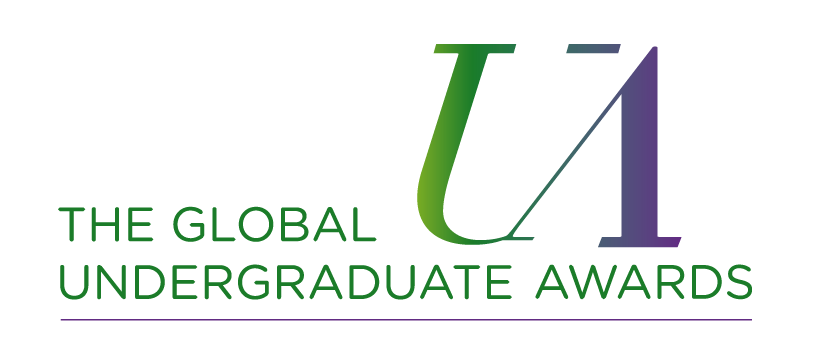Document Type
Article
Publication Date
2014
Abstract
Advancement in one’s social standing is a universal goal, but is especially sought after by members of lower social classes. Understanding the mechanism behind social class advancement is therefore highly valuable for improving the quality of life of the impoverished and rendering society more equitable. It is commonly believed that education is the cornerstone of social advancement; however, Frances Hodgson Burnett’s The Secret Garden and Suzanne Collin’s The Hunger Games suggest that the educational system is established by the elite and accordingly it serves the purpose of reinforcing their influence over the underprivileged. These novels promote the idea that acquisition of knowledge through formal education indoctrinates the impoverished into serving the best interests of the rich and reducing their own welfare. This is demonstrated by the Sowerby family’s service to the Yorkshire elite in The Secret Garden. Furthermore in The Hunger Games, the residents of Panem’s districts submit to the control of the Capitol and use their skills to enhance the Hunger Games’ domineering political message. To escape acceptance of one’s inferiority and instead challenge the social hierarchy, one must step outside the confines of the established educational system. This revolt against the hierarchy is achieved by Martha’s ignorance of the duties of a lady’s maid in The Secret Garden, and similarly by Katniss’s impulsive decisions—which are discouraged by educational institutions— in The Hunger Games. Therefore, these books suggest that to serve their best interests the impoverished must avoid either formal educational or the conventional thinking that it encourages and instead acquire social advancement on their own merit.



